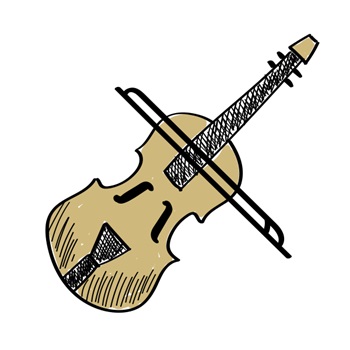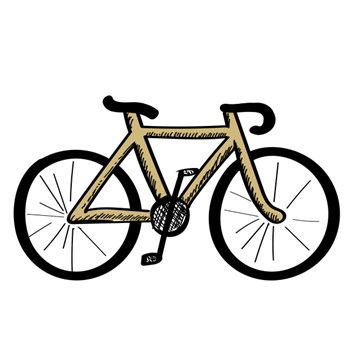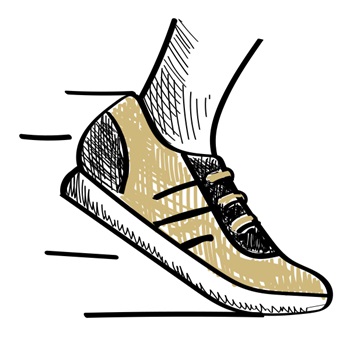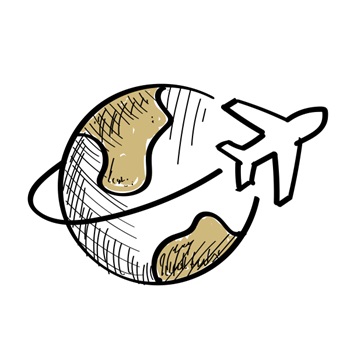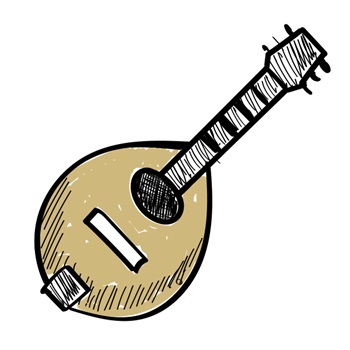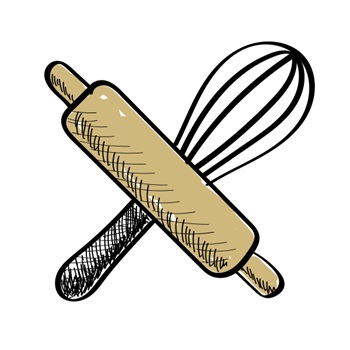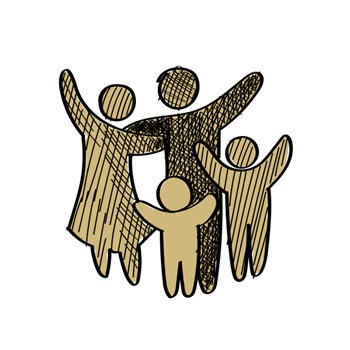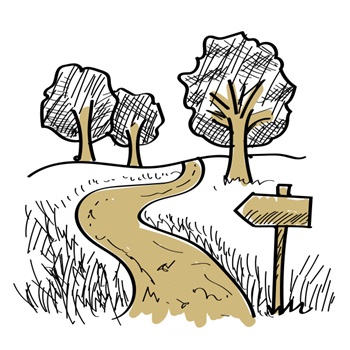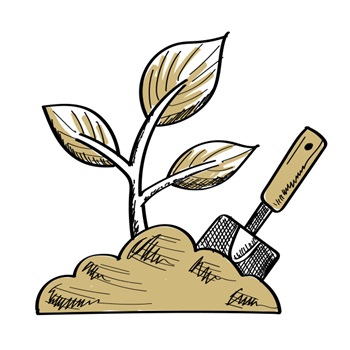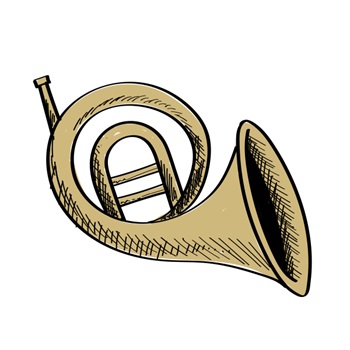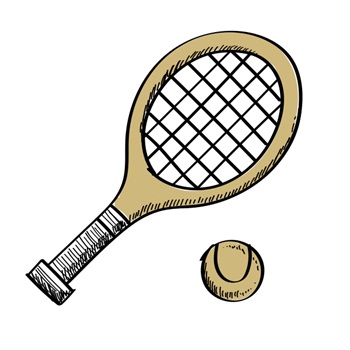Bright Minds, Big Ideas
Endowed Chair Holders at CU Anschutz
Much like Olympians are considered the gold standard for athletes, endowed chairs are considered the highest level of achievement in academic medical institutions. Crucial to recruiting and retaining the best of the best, endowed chairs are awarded to top faculty scholars from around the world. Established with a gift of $2 million or more, an endowed chair offers resources for the faculty chair holder to seek untapped discoveries that propel scientific research forward. Endowed chair holders honor and embrace the responsibility to guide the next generation of healthcare specialists and improve the lives of all those they serve.
CU Anschutz has over 150 endowed chairs on campus, a testament to the meaningful impact university faculty and staff have had on the lives of individuals and foundations in the community. Endowed chairs make progress in academic medicine and healthcare possible.

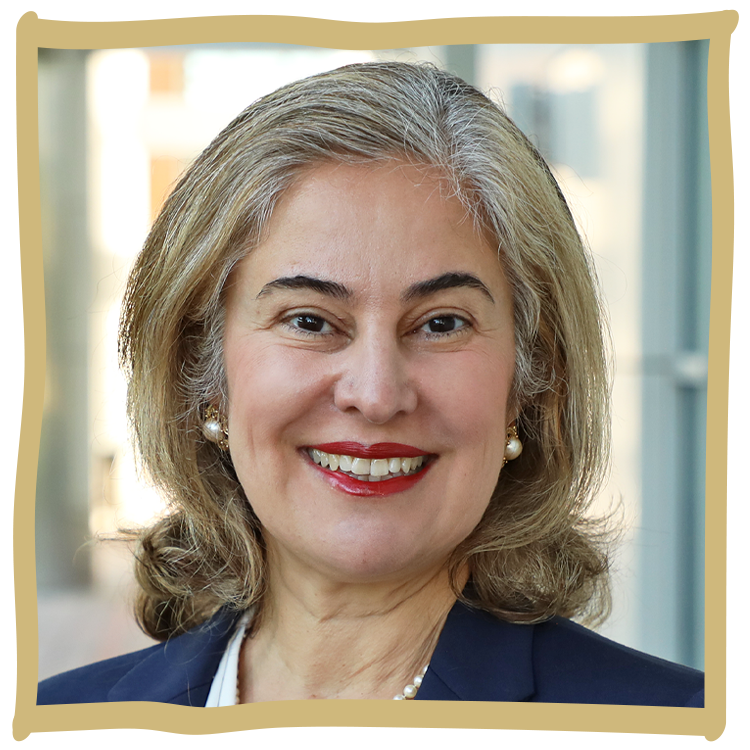
Maryam Asgari, MD, MPH
University of Colorado Medicine Endowed Chair in Dermatology
Chair of the Department of Dermatology since 2023, Asgari’s focus is on patient-oriented research, epidemiology and etiology of skin diseases. Analyzing factors like genetics and environmental exposure, she examines a variety of treatments. She considers her work to be patient-centric, and cares deeply about patient satisfaction in skin cancer treatment.
Why dermatology?
I chose dermatology because when I was a medical student, I recognized that it is a window into the body. Diseases manifest on the skin, and this is a way to view the health of the person. You can see the manifestation and how the treatment is working. With skin, it was instant gratification. I found that exciting. My specific field is Mohs surgery. I found Mohs to be the most gratifying thing to do in my training. You can cure cancer in one sitting. I cure cancer every day!

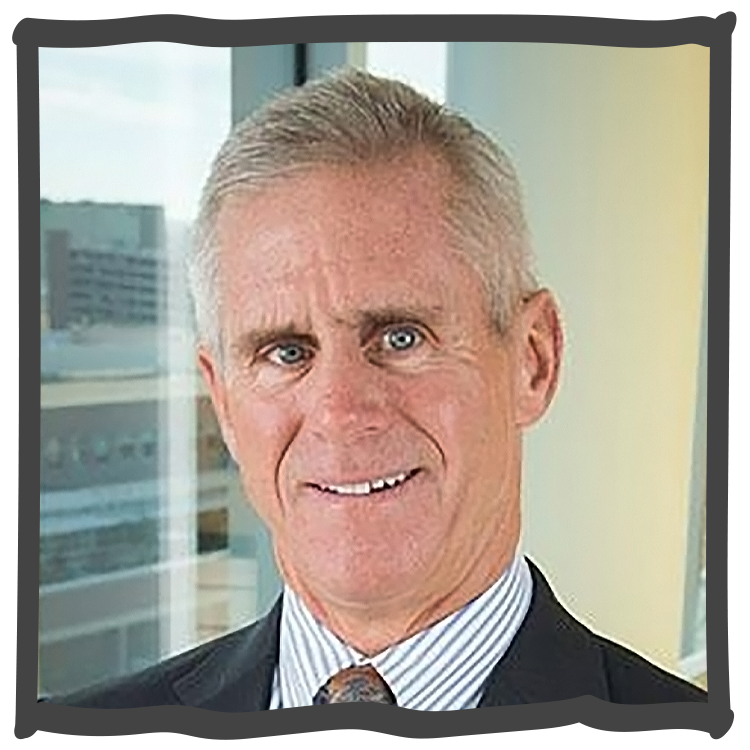
David Badesch, MD
Kerry and Megan Hicks Endowed Chair in Pulmonary Hypertension
Badesch, a faculty member and interim division head of the Division of Pulmonary Sciences and Critical Care Medicine, has helped design and conduct multiple clinical trials exploring new potential therapies for pulmonary hypertension. He and his team have contributed to the clinical development of many of the 14 currently approved therapies.
Why pulmonary sciences?
I’ve always been driven to change the status quo. I want to help lead the development of exciting, novel approaches to treating pulmonary disease.

Tracy Bale, PhD
The Anschutz Foundation Endowed Chair in Women's Integrated Mental and Physical Health Research
Bale studies the biological basis of stress and adversity and how it alters the brain during periods of development and maturation, increasing the risk for neuropsychiatric disease. The goal of her research is to identify novel mechanisms and potential biomarkers that can be used to improve treatments and develop interventions to reduce disease risk.
Why neuroscience?

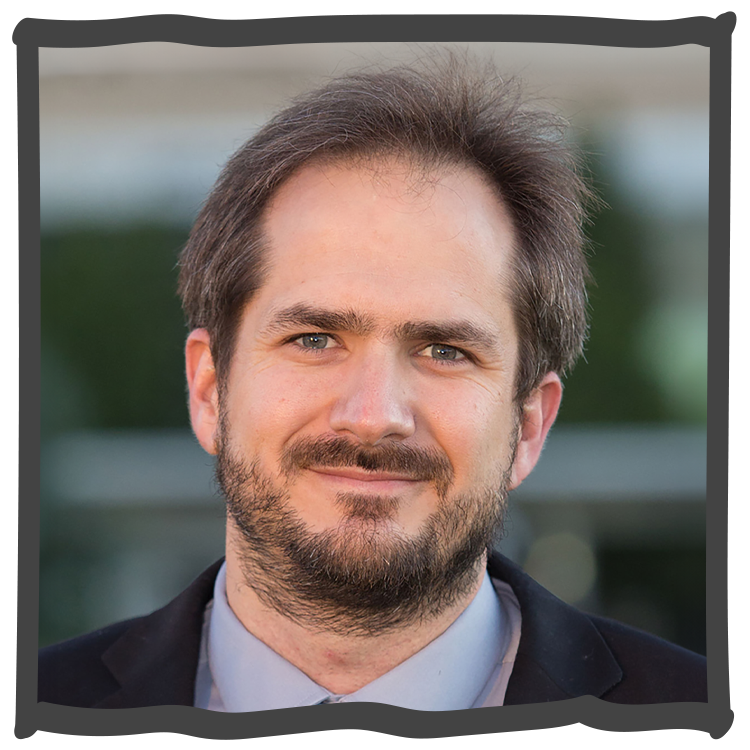
Benjamin Bitler, PhD
D. Thomas and Kay L. Dunton Endowed Chair in Ovarian Cancer Research
The research in Bitler’s lab is laser-focused on eradicating ovarian cancer. The lab’s goal is to improve early cancer detection methods and develop novel, targeted and less toxic therapies. Working with investigators from all over the globe, Bitler and his team practice cutting-edge research techniques to improve patient outcomes and save lives.
Why ovarian cancer research?
Growing up, I had an interest in science and medicine. My goal was to practice medicine. At the age of 18 my mom passed away from advanced stage breast cancer, and as a caretaker I witnessed firsthand the catastrophic impact of both the cancer and its treatments. This experience propelled me into the field of cancer research.

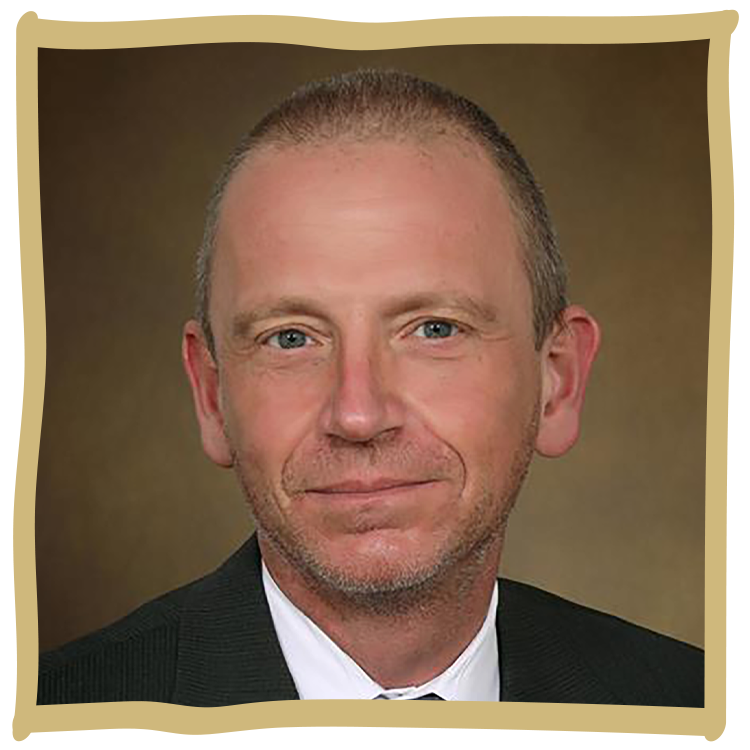
Marco Del Chiaro, MD
Morton and Sandra Saffer Cancer Center Endowed Chair in Personalized Cancer Treatment and Oncology Leadership
Del Chiaro is a surgical oncologist with 15 years of experience in the treatment of pancreatic diseases. He and his team use a unique approach and multimodal chemoradiotherapy to allow more surgical options for locally advanced pancreatic cancer patients. His academic research is focused on improving pancreatic cancer survival through both prevention and aggressive treatment of advanced tumors and creating a multimodal personalized treatment for each patient.
Why cancer treatment?

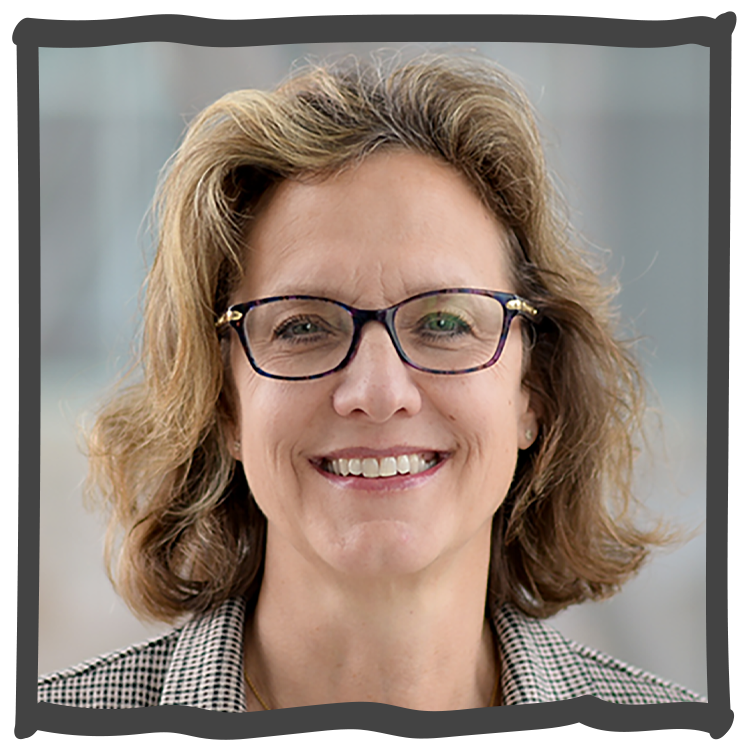
Heide Ford, MD
University of Colorado Medicine Endowed Chair in Pharmacology
Cancer cells hijack normal developmental processes in the body. Ford and her team try to understand precisely how these processes are hijacked, and then develop novel ways to target them. The hope is that these novel therapies present less toxicities than normal cancer therapies.
Why pharmacology?

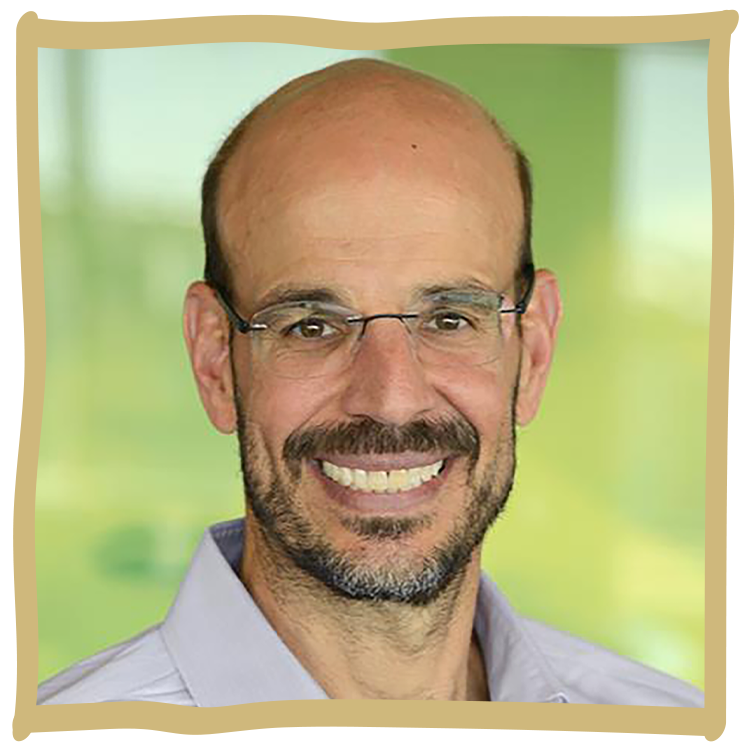
Terry Fry, MD
Charles C. Gates Endowed Chair at the Gates Institute
As executive director of the Gates Institute, Fry oversees a team that will lead the development of clinical trials of novel cell and gene therapies. Initial studies will focus on chimeric antigen receptor (CAR) T-cell therapies for the treatment of cancer, with a goal to explore other opportunities for CAR T-cell therapies outside the realm of cancer. He also mentors researchers in this new field of study, laying the groundwork for many discoveries yet to come.
Why regenerative medicine?

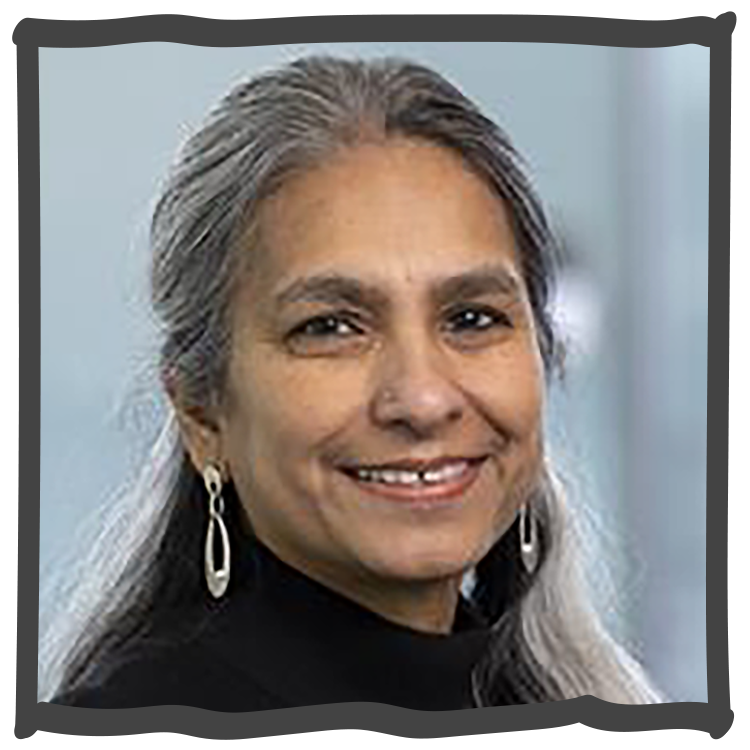
Jayashree Kalpathy-Cramer, PhD
Endowed Chair in Ophthalmic Data Sciences
Kalpathy-Cramer, who joined the Division of Artificial Medical Intelligence in the Department of Ophthalmology in 2022, works in the development and application of artificial intelligence (AI) methods in medical imaging. She and her team focus on discovering ways to combine advances in computation and machine learning to leverage the wealth of existing clinical data in hospital systems. The goal is to guide future care by improving diagnoses and optimizing treatment to improve outcomes in ophthalmology.
Why ophthalmic data sciences?
I have always been drawn to the STEM fields – as a child and through school, math was my favorite subject. My parents were inspirations to me; my mother was a physics professor and my dad worked in the pharmaceutical industry. I studied electrical engineering. After working in the semiconductor industry for several years, I was eager to apply quantitative techniques in medicine, so I pivoted to academic medicine. I have been working at the intersection of computer science, mathematics and medicine for the last 15 years.
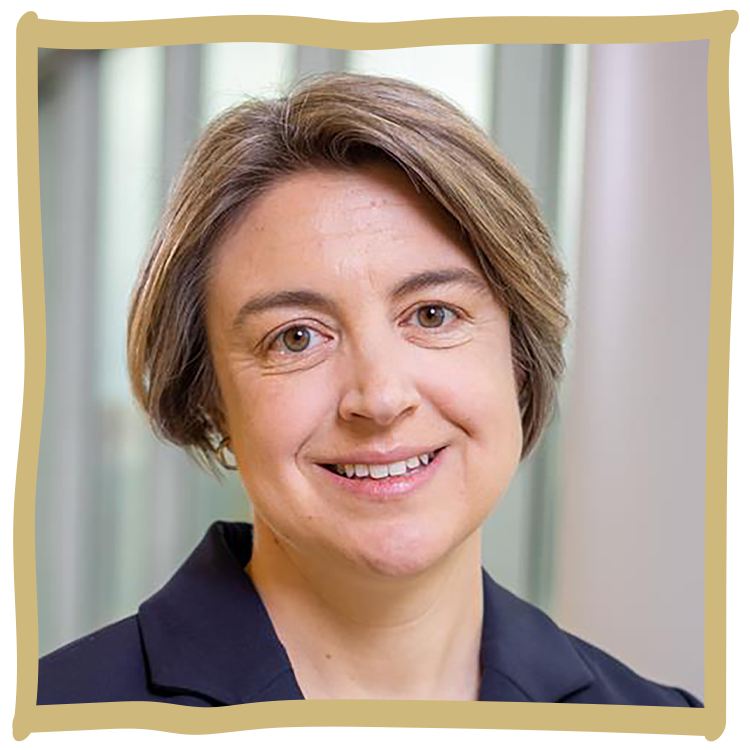
Kristine Kuhn, MD, PhD
Kathryne E. and David M. Scoville Endowed Chair
Kuhn joined the Division of Rheumatology in 2013. She and her colleagues are interested in how the gut microbiome triggers immune responses that lead to rheumatoid arthritis and spondylarthritis. Analyzing the immune system, they single out potentially bad bacteria and then test how it causes disease. By discovering how the gut microbiome interacts with other systems, they hope to determine causes of autoimmune disease and identify methods of prevention.
Why rheumatology?
I grew up on a farm in Western Kansas. As an only child, I spent much of my time exploring the natural world around me, curious to observe animals and their environment. This grew into a desire to research human health and disease. Ultimately, I migrated into rheumatology because it is a field without algorithms. Each patient is unique in their symptoms and treatment. I like the process of applying knowledge and observing the (hopefully favorable) outcome. In my training, the question that often arose in my mind was, “What triggers the immune system to cause inflammation in the absence of infection?” This question led to our current research connecting the gut microbiome and disease.
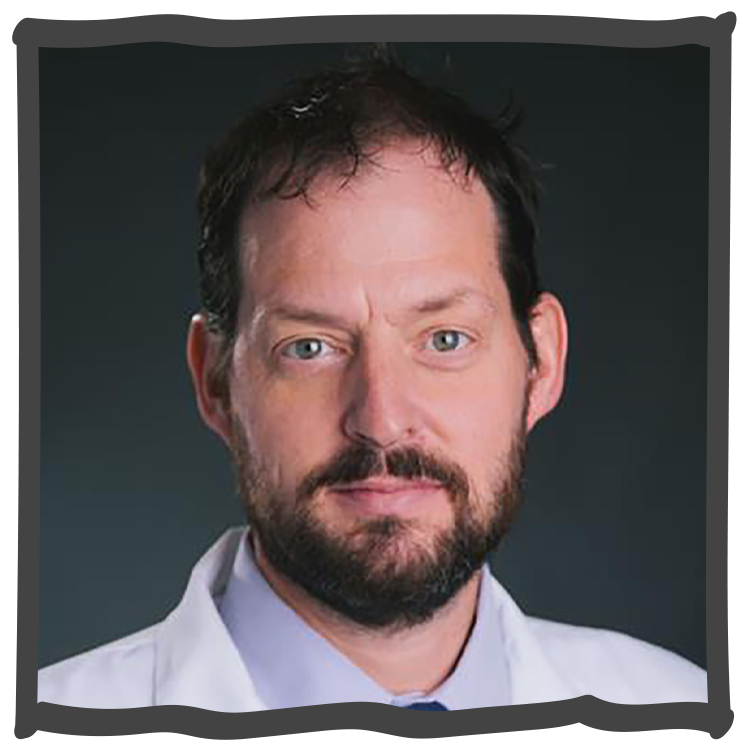
Jay Lemery, MD
Endowed Chair in Climate Medicine
Lemery and his colleagues have defined the novel field of climate medicine, a body of knowledge, skills, and abilities that prepares doctors, nurses and healthcare leaders to care for patients and communities in the face of accelerating climate threats. This work allows Lemery and his colleagues to have a seat at the table with policymakers to advocate for smart, risk-based, patient-centric climate policies. The CU School of Medicine’s Endowed Chair in Climate Medicine is the first of its kind in the country.
Why climate medicine?

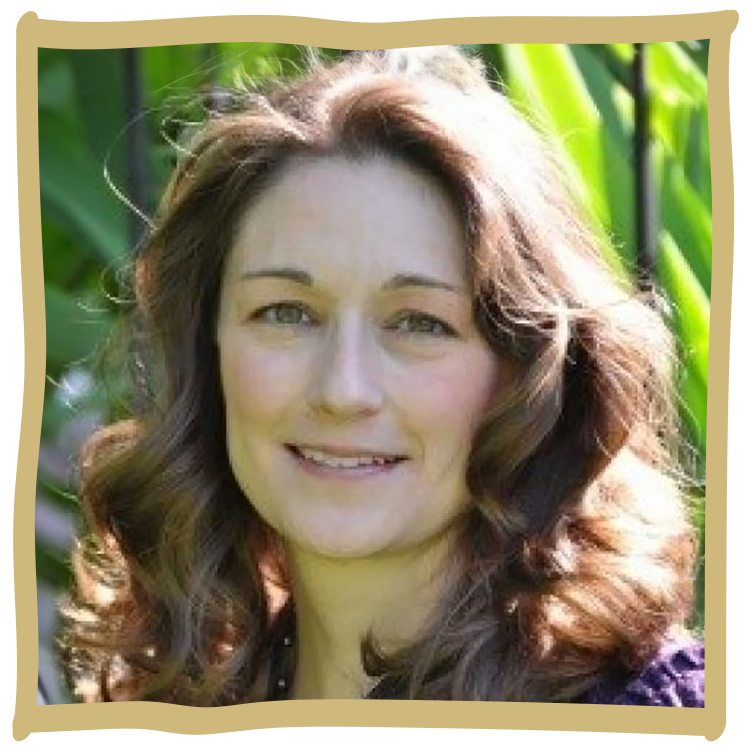
Cari Levy, MD, PhD
Goodstein Chair in Geriatrics
Levy provides care for older adults and people with serious illness, with a focus on aligning care with their life priorities. She conducts research to understand the benefits and limitations of models of care designed for senior citizens. Also providing mentorship to students at CU Anschutz who are interested in geriatrics, palliative care and health services research, she is helping to establish the next generation of healthcare professionals.
Why geriatrics?

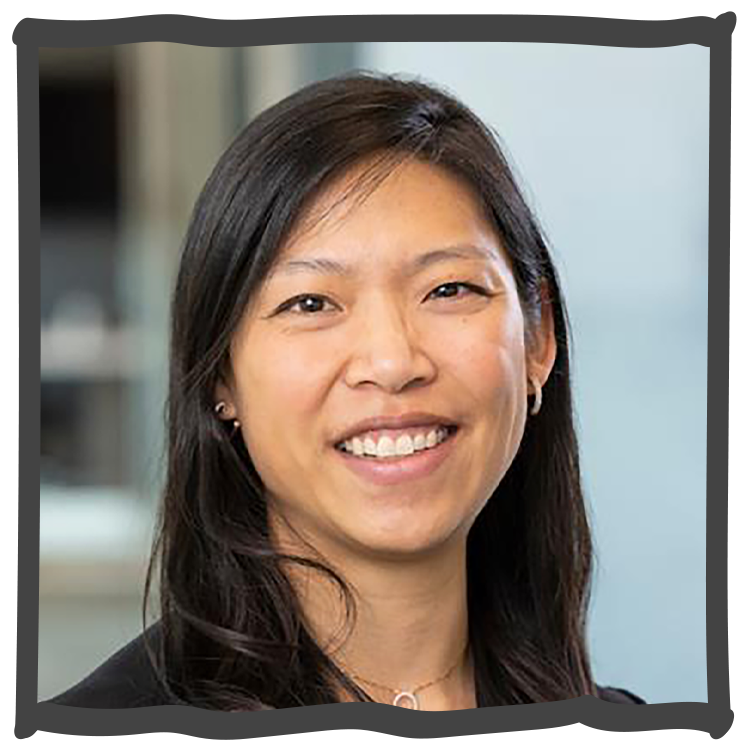
Sophie Liao, MD
Robert H. Bell Endowed Chair in Ophthalmology
Liao says she has the perfect job: as an oculoplastic surgeon, she diagnoses and treats both acute and chronic diseases of and around the eye and orbit. Treatment may involve counseling or medication alone or may require surgery that can range from simple to complex collaborative procedures involving surgeons from other departments.
Why ophthalmology?

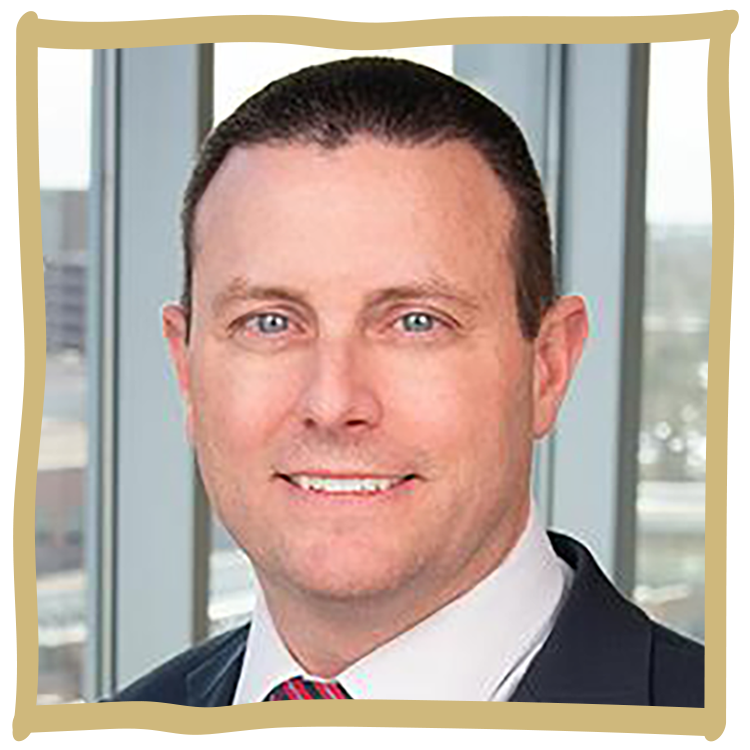
Robert A. Meguid, MD, MPH
Stan and Mary Ellen Cope Family Endowed Chair in Thoracic Surgery
Meguid treats patients with diseases of the chest – both cancerous and non-cancerous. His clinical work is tied to his medical research: he focuses on understanding surgery’s impact on a patient’s quality of life, how to improve understanding of surgery’s risks, and how to identify, avoid and address complications of surgery. His additional research objectives include trying to understand underserved populations and their barriers in access to care and improving lung cancer surveillance and survival rates.
Why thoracic surgery?

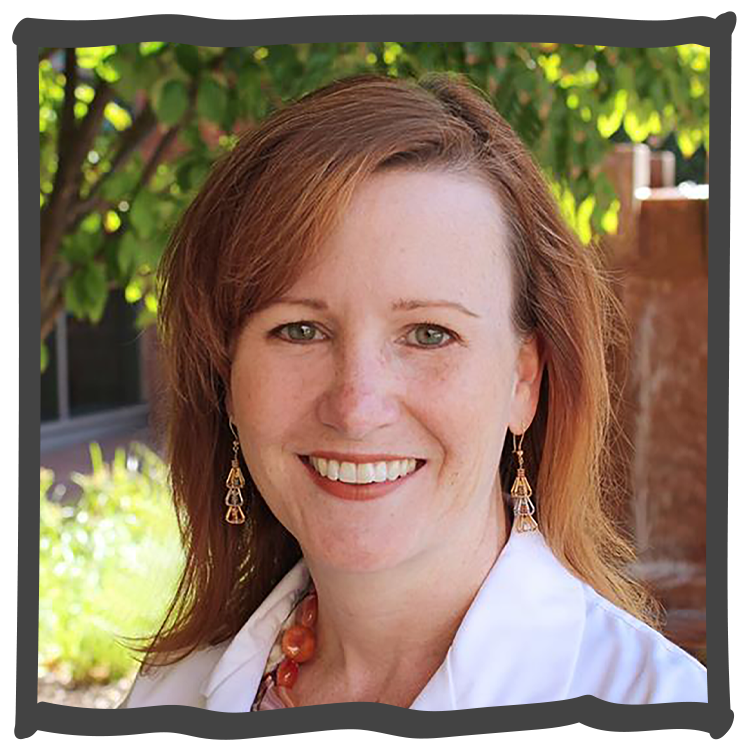
Sharon Pine, PhD
Pia and Fred R. Hirsch Endowed Chair in Lung Cancer Research
Pine arrived at the CU Cancer Center in 2022 to serve as director of the Thoracic Oncology Research Initiative (TORI). Her work focuses on understanding resistance to targeted therapies, discovering biomarkers for lung cancer, studying health disparities that contribute to the disease and building relationships with the community to bridge the gap between research and non-scientific communities.
Why lung cancer research?

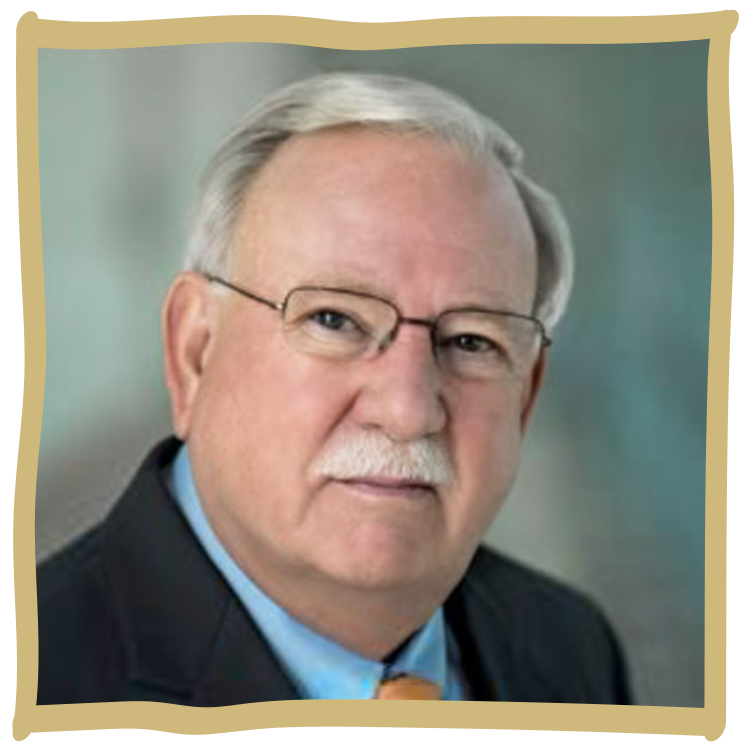
Dennis Roop, PhD
John S. Gates Endowed Chair in Stem Cell Biology
A professor of dermatology at CU Anschutz since 2006, Roop and his research team are currently developing a stem cell-based therapy for epidermolysis bullosa (EB). Their research entails isolating an EB patient’s skin cells, correcting the genetic defect within the cell, and returning the corrected skin cells to the same patient as a normal skin graft.
Why biology?

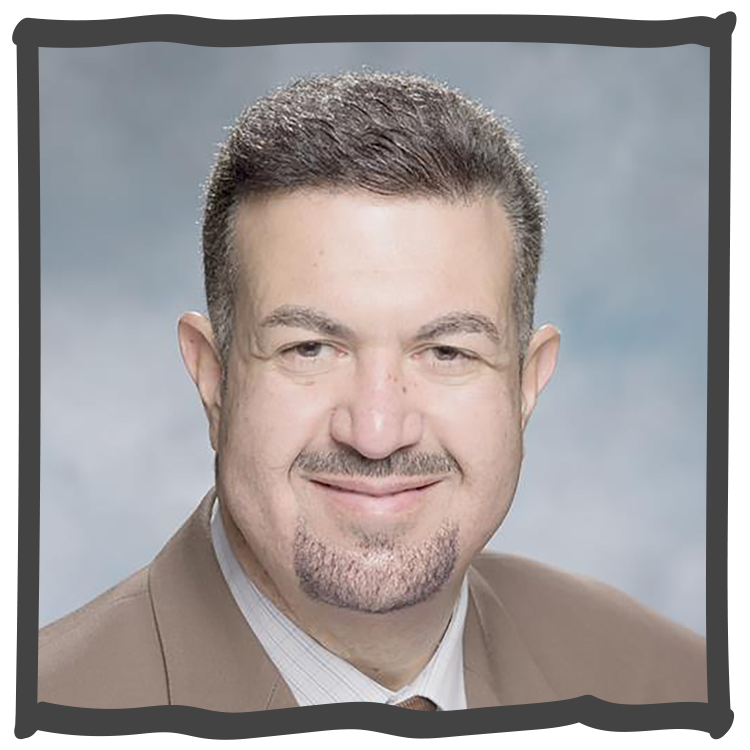
Hatim Sabaawy, MD, PhD
Stapp Endowed Chair for Cancer Research
Sabaawy’s work in precision medicine is a three-pronged approach to personalized care that includes improving cancer diagnosis with new technologies, developing patient-derived models to better represent patients in preclinical testing, and designing pretested therapies to enhance patient survival.
Why gene therapy and medicine?

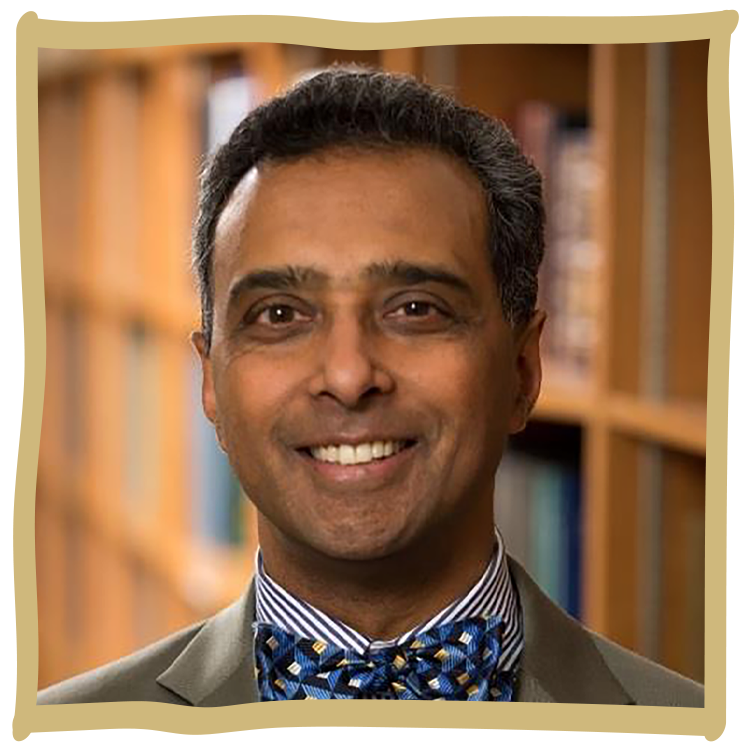
Prem Subramanian, MD, PhD
Clifford R. and Janice N. Merrill Endowed Chair in Ophthalmology
Subramanian’s clinical work involves the complex diagnosis and medical and/or surgical treatment of diseases that affect the visual pathways beyond the eye itself. His research ranges from the evaluation of eye movement and alignment disorders in brain-injured veterans to the development of new drug therapies to protect visual function in patients with swollen optic nerves.
Why ophthalmology?

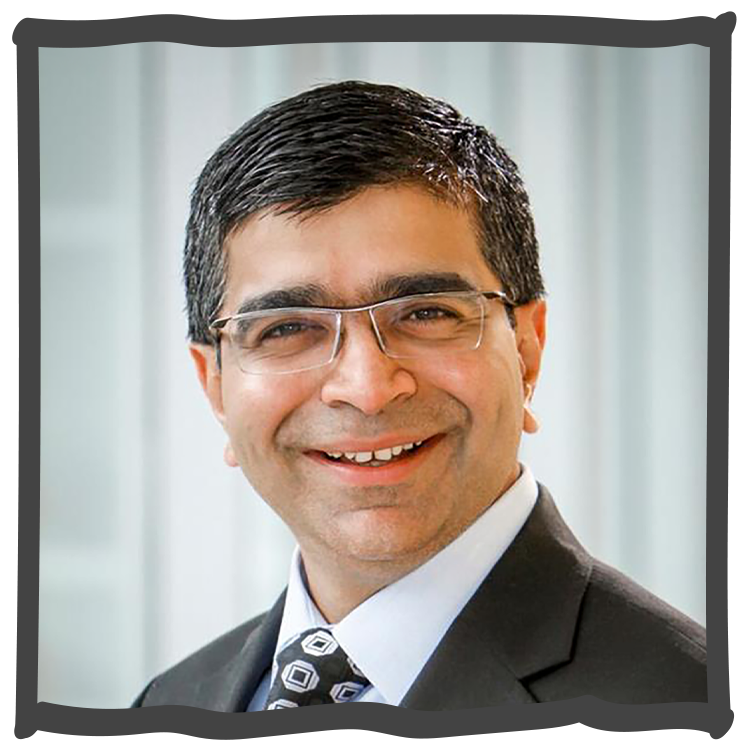
Sachin Wani, MD
Katy O. and Paul M. Rady Endowed Chair in Esophageal Cancer Research
Wani is a gastroenterologist, an interventional endoscopist and a professor of medicine at the CU School of Medicine. Much of his work with patients involves diagnosing and treating cancer of the esophagus. When patients are diagnosed with late-stage cancer, they often don’t have many options besides palliative care. Wani’s goal is to change that paradigm by developing and refining methods of early detection that are simple and can be performed in a gastroenterologist’s office.
Why gastroenterology?
Want to share this article with a friend? Send them a link to Momentum via email.
